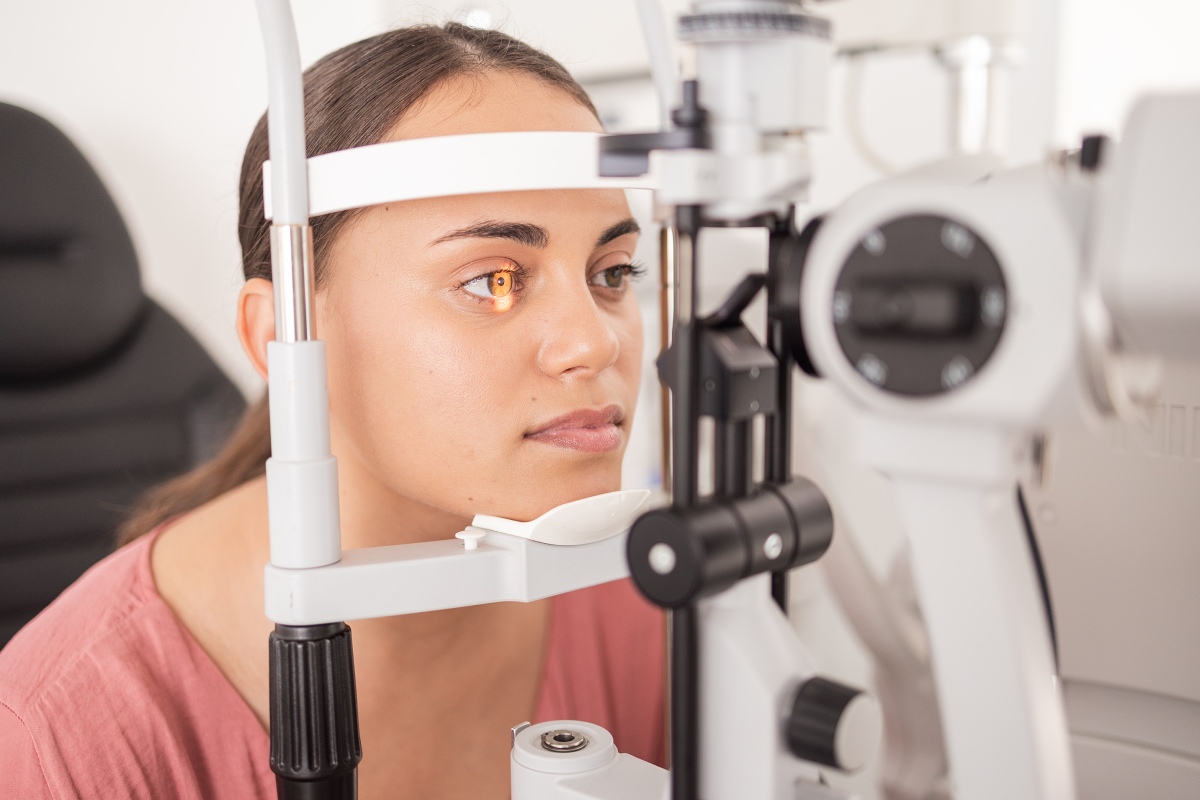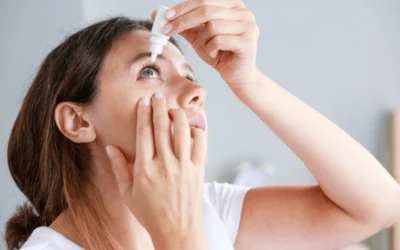In our increasingly connected world, we can do almost anything online, from shopping to scheduling appointments. And now, even online eye exams are becoming more popular. However, while online eye exams may seem convenient, they can’t replace an in-person eye exam. Proper eye care is about more than just reading an eye chart. That’s why it’s important to see an eye doctor regularly for comprehensive eye exams.
In this blog, we’ll talk about the differences between a vision screening, an online eye exam, and a comprehensive eye exam. We’ll also share why regular comprehensive eye exams are essential for protecting your eye health and vision.
What is a vision screening?
Vision screenings are usually performed by a school nurse or primary care physician and focus on identifying people who might have vision problems. However, these screenings are not complete eye exams and can’t detect problems like glaucoma, cataracts, or age-related macular degeneration. School vision screenings miss up to 75 percent of children with vision problems. For this reason, vision screenings should not replace a comprehensive eye exam and should only serve as a starting point.
What is an online eye exam?
Online eye exams usually involve answering a series of questions and a vision test. Although it seems like an easy way to get an eye exam, online eye exams can’t detect some of the most common eye diseases. The tests can also produce inaccurate results and miss critical eye issues. Only a comprehensive eye exam performed by a qualified optometrist can provide a full assessment of your eye health and vision needs.
What is a comprehensive eye exam?
In-person comprehensive eye exams are the most reliable way to keep track of your eye health and catch any potential problems early on. During these exams, your optometrist will perform several tests, including checking for signs of glaucoma, cataracts, and other eye diseases. They will also evaluate your overall eye health, check your prescription for eyeglasses or contacts, and may dilate your pupils to assess the health of your retina. These exams are crucial for the early detection of issues that could cause vision loss if left untreated.
Even if you have perfect vision, it’s important to schedule regular comprehensive eye exams to maintain good eye health. Eye diseases such as glaucoma and macular degeneration often have no symptoms in their early stages. Regular exams are the best way to detect and treat them before they cause permanent vision loss.
If it’s been a while since your last exam or you have any concerns about your eye health, schedule an appointment with Progressive Family Eye Care in Plymouth, MI, today.





